IDSG Ep60 – Bret Weinstein and Heather Heying
This week, Daniel and Jack discuss Bret Weinstein and Heather Heying, two alumni of the Intellectual Dark Web, their ‘origin story’ as ‘public intellectuals’ in the Evergreen College kerfuffle of 2017, and their current views on Black Lives Matter and Trans Rights as expressed in their Dark Horse podcast. Jack gets angry and giggly.
Next week, we will move on to Bret’s brother Eric Weinstein.
Content Warning.
Permalink / Direct Download / Soundcloud
Bari Weiss, “Meet the Renegades of the Intellectual Dark Web.” https://www.nytimes.com/2018/05/08/opinion/intellectual-dark-web.html
Bret Weinstein homepage: https://bretweinstein.net/
Heather Heying homepage: https://heatherheying.com/
Evergreen State College at Wikipedia. https://en.wikipedia.org/wiki/Evergreen_State_College
Programs and Courses at Evergreen. https://www.evergreen.edu/academics/programs
Bret Weinstein Explains the Day of Absence on Joe Rogan: https://www.youtube.com/watch?v=-st73zhZL3A
Bret Weinstein on Tucker Carlson, May 26 2020. https://www.youtube.com/watch?v=_j9nFced_eo
Jacqueline Littleton, “The Truth About the Evergreen Protests.” https://medium.com/@princessofthefaeries666/the-truth-about-the-evergreen-protests-444c86ee6307
Noah Berlatsky, “The Real Free Speech Story at Evergreen College.” https://psmag.com/education/the-real-free-speech-story-at-evergreen-college
“Another Side of the Evergreen State College Story.” https://www.huffpost.com/entry/evergreen-state-college-another-side_b_598cd293e4b090964295e8fc?guccounter=1&guce_referrer=aHR0cHM6Ly93d3cuZ29vZ2xlLmNvbS8&guce_referrer_sig=AQAAAEpQrgKs2MwkdM5iym8soDVnkkpQYbq3YKgw6fp62JA2xw_v_vSfS_O1EkcMNbbaM_leOCssfRJspZ8CiodkDerxlEWdw5vx3Vdmoe-2UFbmTkYSkhEMWWDMBaa_48LFSb6BMWtFz2X1xbCSS51b_fYIFe27hfLdLeFCj232fAlS
Nancy Koppelman, “Bret Weinstein’s Second Act.” https://medium.com/@nancykoppelman/bret-weinsteins-second-act-from-liberal-arts-professor-to-public-intellectual-88471fdb2518
“The Intellectual Dark Web Goes to Washington.” https://theoutline.com/post/4717/the-intellectual-dark-web-goes-to-washington?zd=1&zi=ft4wuqma
The Dark Horse Podcast: https://www.youtube.com/channel/UCi5N_uAqApEUIlg32QzkPlg
“Overlooked No More: Valerie Solanas, Radical Feminist Who Shot Andy Warhol.” https://www.nytimes.com/2020/06/26/obituaries/valerie-solanas-overlooked.html
William Simon U’Ren Wikipedia: https://en.wikipedia.org/wiki/William_Simon_U%27Ren
William Simon U’Ren Plaque in Oregon City: https://en.wikipedia.org/wiki/William_Simon_U%27Ren
Mariame Kaba, “Yes We Mean Literally Abolish the Police.” https://www.nytimes.com/2020/06/12/opinion/sunday/floyd-abolish-defund-police.html
For fun:
Majority Report, 19th July 2020, ‘Weinstein Bro Politely Calls Dave Rubin a Paid Shill’: https://www.youtube.com/watch?v=f4uSlbqSXVA
Potholer54, ‘Did Covid-19 Start in a Chinese Lab?’: https://www.youtube.com/watch?v=ab-r0capbzk…

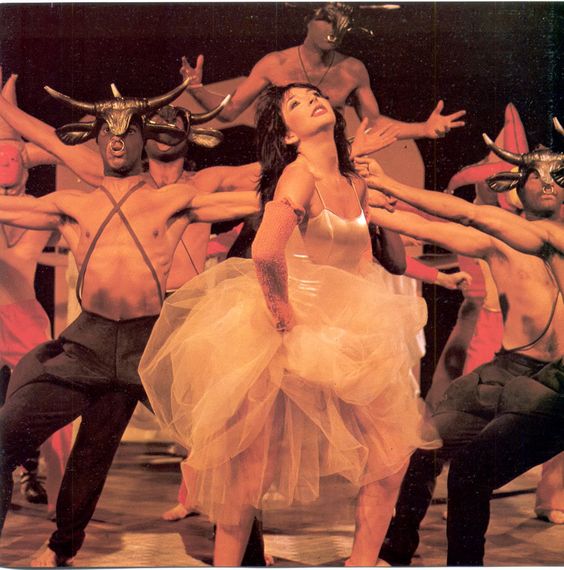 shared the link, contributed to reaching the goals, or was just kind and supportive. This is quite literally life-changing for me. I can making a living off my passion without having to compromise financial security or my mental health. You people are amazing and I am indebted to you all. To be clear, $300 is a minimum though. I’m a disabled trans woman, and people will inevitably drop their pledges. Continued support would be great. But in the meantime, thank you. My life is better for your support.
shared the link, contributed to reaching the goals, or was just kind and supportive. This is quite literally life-changing for me. I can making a living off my passion without having to compromise financial security or my mental health. You people are amazing and I am indebted to you all. To be clear, $300 is a minimum though. I’m a disabled trans woman, and people will inevitably drop their pledges. Continued support would be great. But in the meantime, thank you. My life is better for your support. 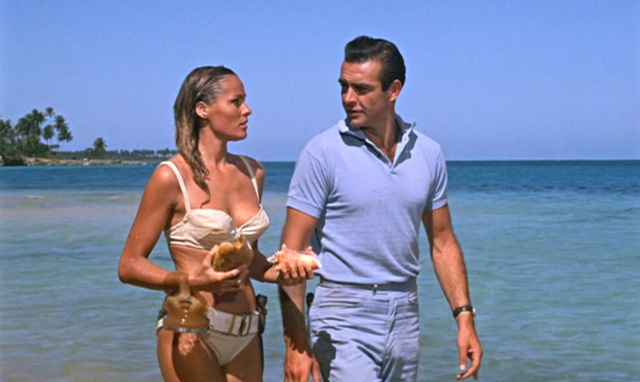 has been truly astounding. I cannot describe the thrill of waking up yesterday and realizing I would soon be able to live off my writing. The support of my community, the chance to fully dedicate myself to my craft, and not having to resort to a re-traumatizing job in order to survive makes for a tremendous feeling of support and gratitude. I cannot thank you all enough. You are amazing and have literally, materially changed my life.
has been truly astounding. I cannot describe the thrill of waking up yesterday and realizing I would soon be able to live off my writing. The support of my community, the chance to fully dedicate myself to my craft, and not having to resort to a re-traumatizing job in order to survive makes for a tremendous feeling of support and gratitude. I cannot thank you all enough. You are amazing and have literally, materially changed my life.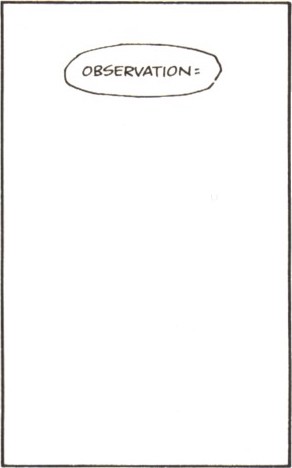 And so at last the story returns to where it began. Grant Morrison has, of course, been ever-present. As already discussed at length, his first professional credit predated Moore by five months. But he has been a shadow presence in the narrative, lurking at the edges, occasionally contriving to intersect it, waiting for his moment to take the stage in earnest. And now at last he arrives having always been here, and it becomes necessary to trace the story backwards, figuring out who he has been all this time.
And so at last the story returns to where it began. Grant Morrison has, of course, been ever-present. As already discussed at length, his first professional credit predated Moore by five months. But he has been a shadow presence in the narrative, lurking at the edges, occasionally contriving to intersect it, waiting for his moment to take the stage in earnest. And now at last he arrives having always been here, and it becomes necessary to trace the story backwards, figuring out who he has been all this time.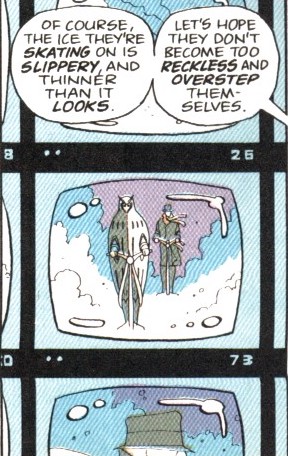 As a result, it is easy to overreach—to confuse historical event and inevitability. On a very basic level, whatever larger conclusions and patterns are inferred, the answer to how Grant Morrison achieved what he did and how he took up his role in the War is simple: he put a lot of work into writing comics that changed the world. This work did not exist in a vacuum; plenty of extremely talented people have worked just has hard to have an insignificant fraction of the insight. Nevertheless, to treat Morrison’s career as some historically deterministic phenomenon that extended out of Alan Moore’s actions would be an egregious error.
As a result, it is easy to overreach—to confuse historical event and inevitability. On a very basic level, whatever larger conclusions and patterns are inferred, the answer to how Grant Morrison achieved what he did and how he took up his role in the War is simple: he put a lot of work into writing comics that changed the world. This work did not exist in a vacuum; plenty of extremely talented people have worked just has hard to have an insignificant fraction of the insight. Nevertheless, to treat Morrison’s career as some historically deterministic phenomenon that extended out of Alan Moore’s actions would be an egregious error.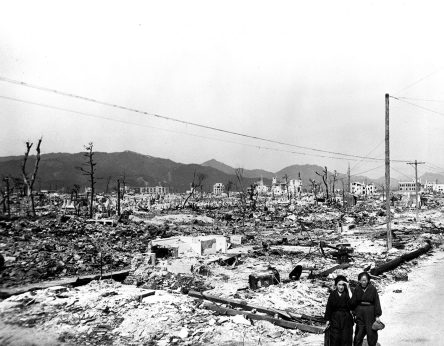
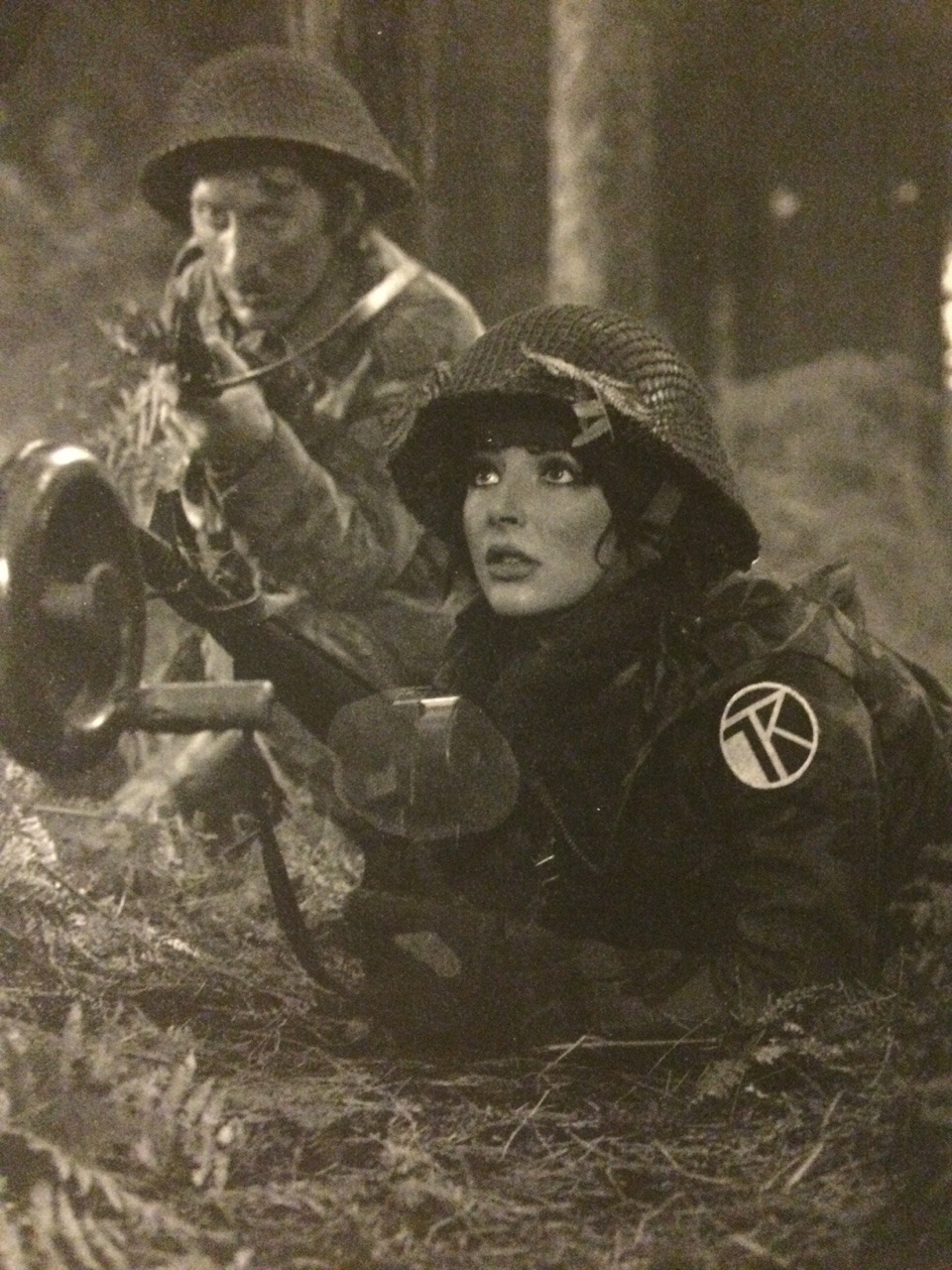 she keeps absolutely killing it, I thought it would be a good idea to put her back on the site.
she keeps absolutely killing it, I thought it would be a good idea to put her back on the site.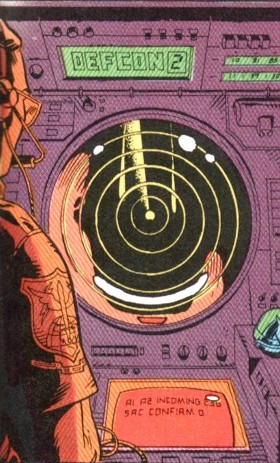 In order to understand Moore’s transformation it is necessary to fully understand precisely what Watchmen was and what it did. And to understand this it is necessary to appreciate one of its major thematic concerns, the prospect of nuclear annihilation. This aspect of the War entered the scene approximately one picosecond after the creation of the universe, when the electroweak force, unable to cohere once the universe cooled below 1015 K, split into the electromagnetic force, which would go on to underpin more or less the entirety of communication, and the weak nuclear force. This latter force was responsible for a phenomenon called beta decay, in which a neutron can transform itself into a proton by expelling an electron, along with other forms of radioactive decay. Together, along with gravity and the strong nuclear force, they create a delicate mathematical balance in which matter and life are possible. And yet within that crucial weak force is a terrifying implication.
In order to understand Moore’s transformation it is necessary to fully understand precisely what Watchmen was and what it did. And to understand this it is necessary to appreciate one of its major thematic concerns, the prospect of nuclear annihilation. This aspect of the War entered the scene approximately one picosecond after the creation of the universe, when the electroweak force, unable to cohere once the universe cooled below 1015 K, split into the electromagnetic force, which would go on to underpin more or less the entirety of communication, and the weak nuclear force. This latter force was responsible for a phenomenon called beta decay, in which a neutron can transform itself into a proton by expelling an electron, along with other forms of radioactive decay. Together, along with gravity and the strong nuclear force, they create a delicate mathematical balance in which matter and life are possible. And yet within that crucial weak force is a terrifying implication.